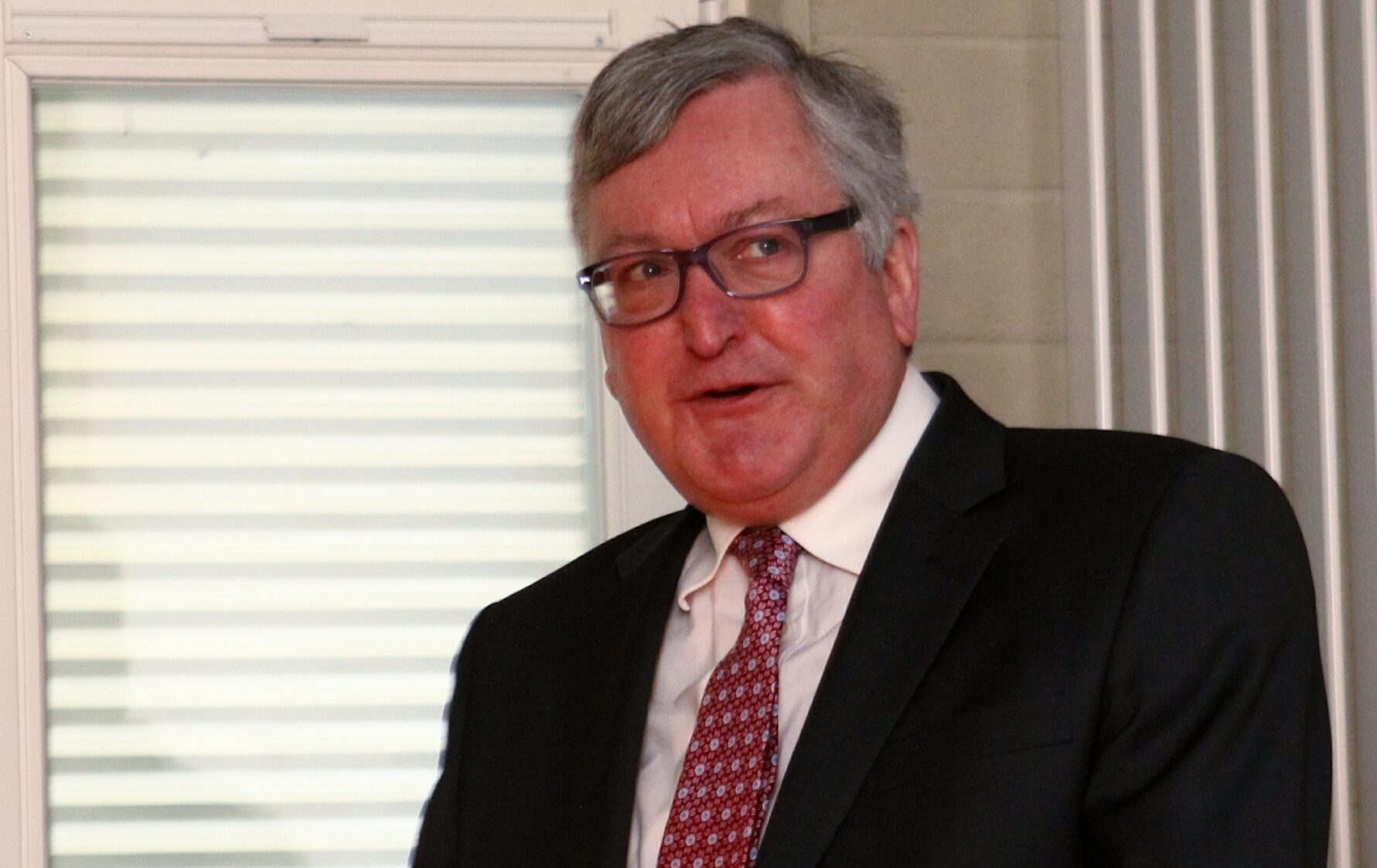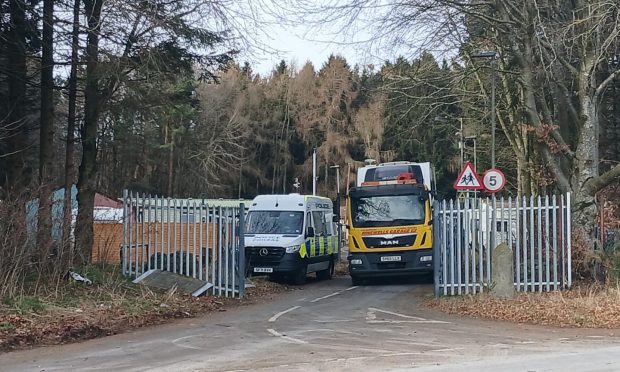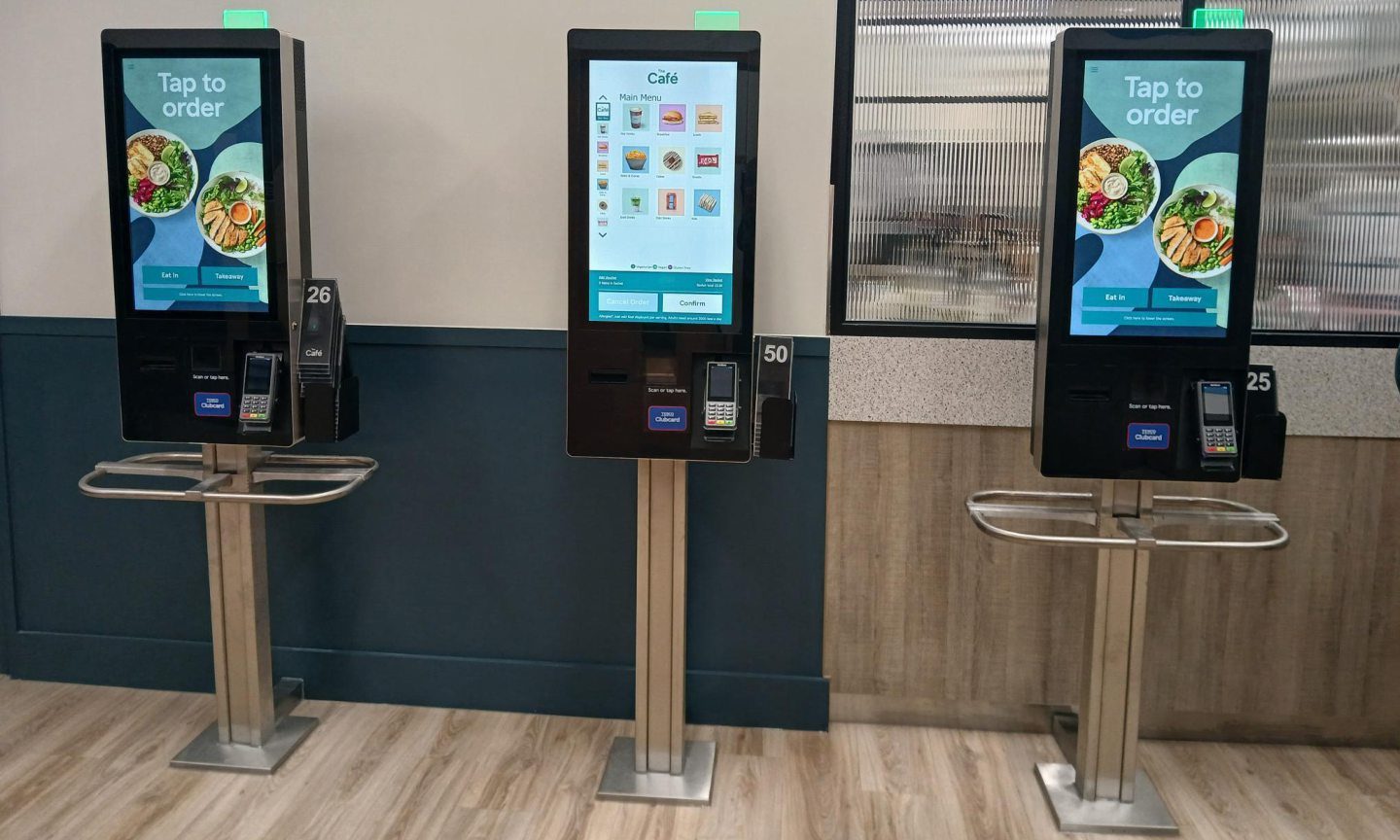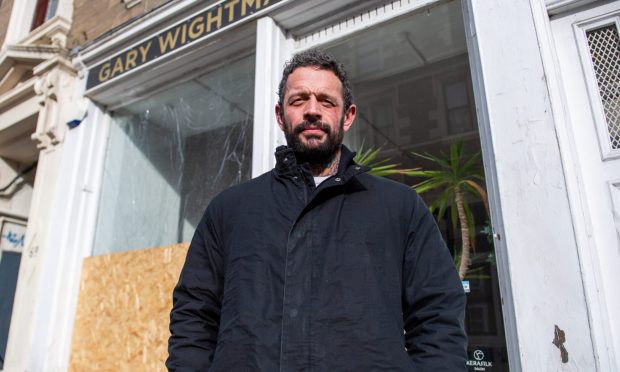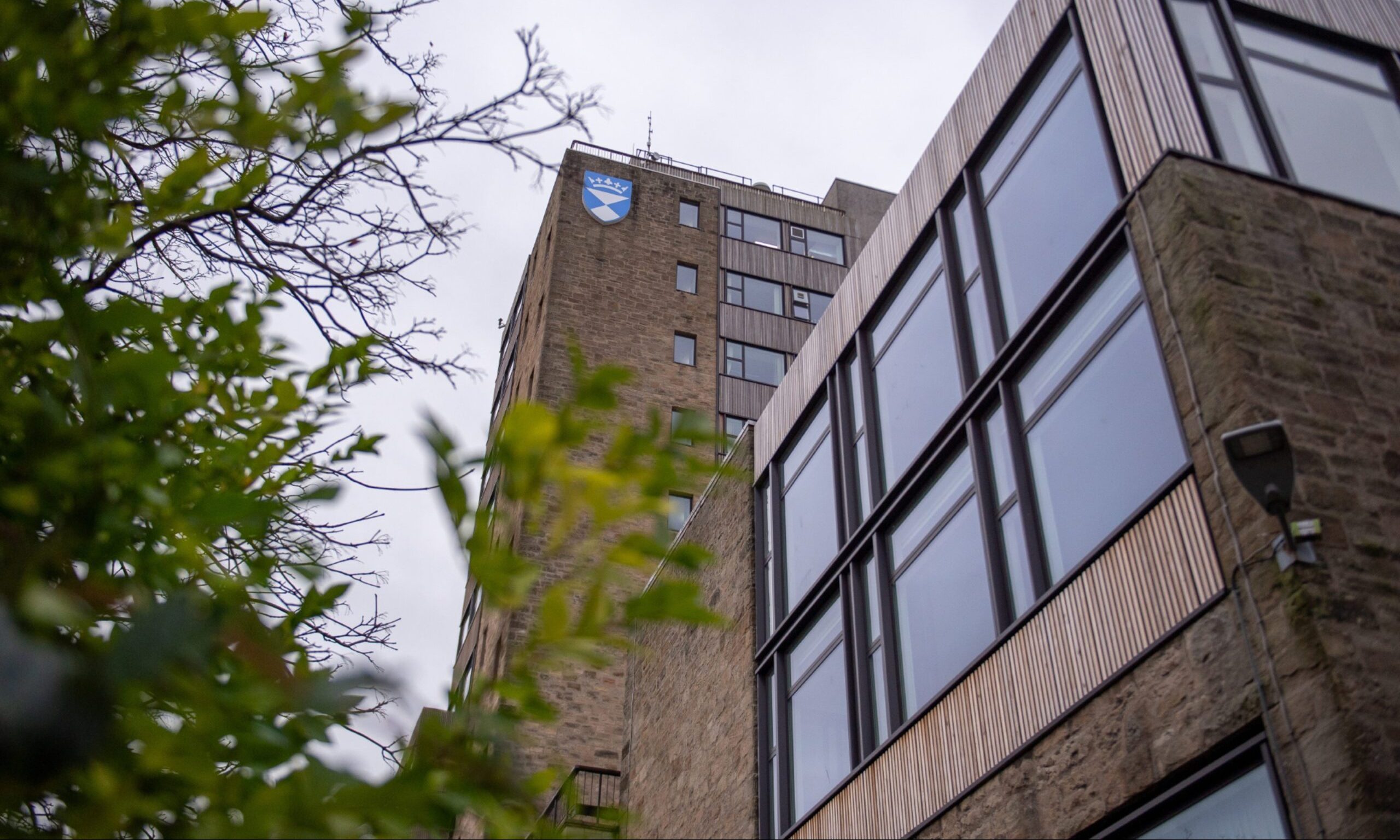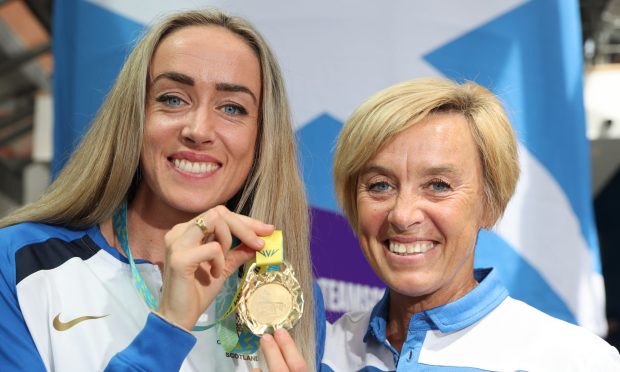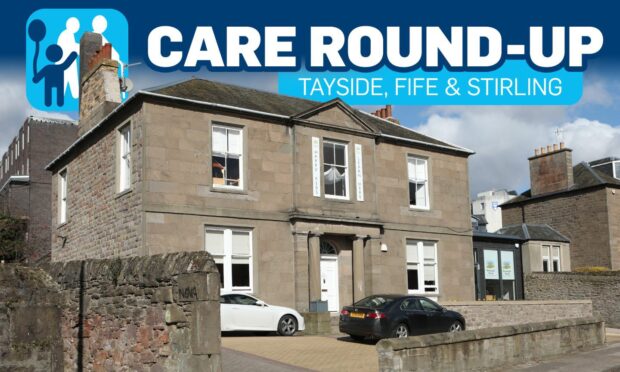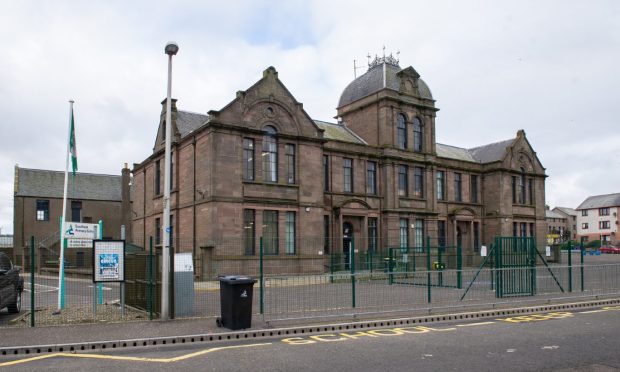Hotels and restaurants across Scotland could struggle to operate if Brexit leads to a bar on migrant workers.
Speaking at the National Economic Forum in Dundee, rural economy secretary Fergus Ewing said many businesses rely on low-skilled EU workers.
His comments came after First Minister Nicola Sturgeon said the SNP will continue to argue the UK should remain in the single market and the country is being presented with a “false choice” between no-deal Brexit and what the SNP say is a bad Brexit deal, negotiated by Theresa May’s Westminster government.
Mr Ewing said: “There is a question mark over the availability of people from other countries, especially the EU.
“That’s why the First Minister in her leadership has stressed Scotland is a welcoming place.
“If it wasn’t for people from the EU, The British Hospitality Association would agree with me, I think, very few hotels and restaurants would be capable of operating were it not for their labourers.
“That is a very key issue for the future of the rural economy. There are very few businesses in the rural economy that are successful that don’t have vacancies.”
Ms Sturgeon also described restrictions around migration as “one of the biggest risks to our economy”.
And she said Prime Minister Theresa May’s EU withdrawal plan risks putting Scotland at a “real competitive disadvantage” due to the potential for a differentiated deal for Northern Ireland.
She said neither a bad deal nor no deal is inevitable and leaving the single market would do “considerable damage” to jobs and living standards in Scotland.
Ms Sturgeon told delegates: “We must have a concern about, in future, being in a situation where companies can choose Belfast and will secure unfettered access to the European single market which they wouldn’t get in Dundee, Glasgow or Edinburgh.
“That would be a real competitive disadvantage for Scotland and is something that is uppermost in the Scottish Government’s mind.”
The SNP leader added: “The Scottish Government’s view is that we should continue to press for – and I believe there is the potential for – a majority in the House of Commons around this, for the UK to stay in the single market and the customs union.
“That would be a solution that respects the outcome of the referendum, largely resolves the Irish border issue and mitigates the worst economic consequences of Brexit.”
The First Minister said the draft agreement kicks most of the difficult issues further down the line and “long-term uncertainty is hardwired” into it.
